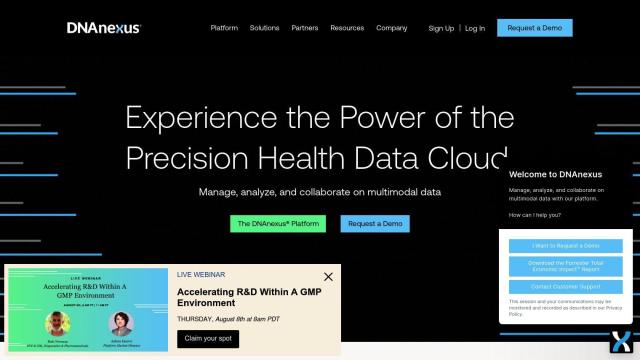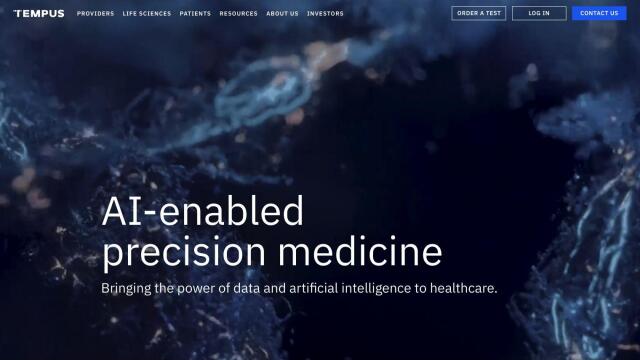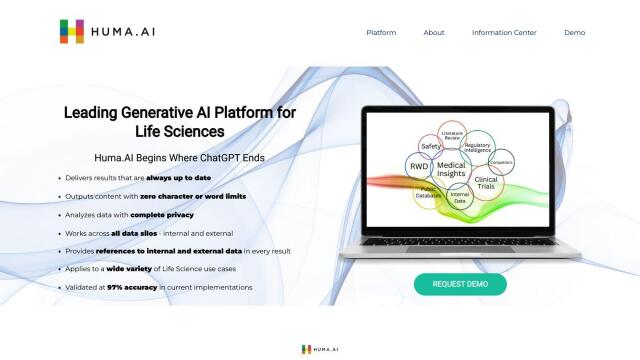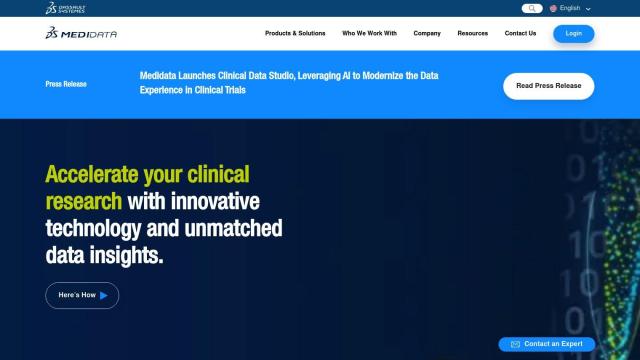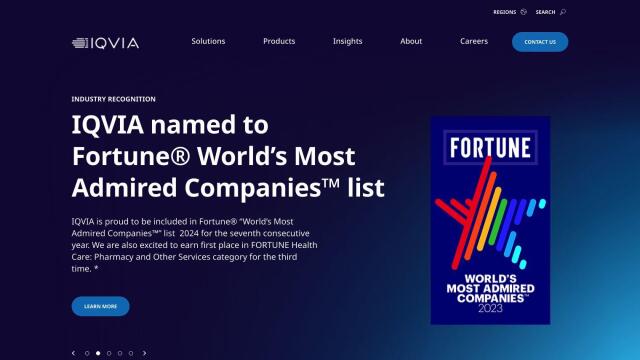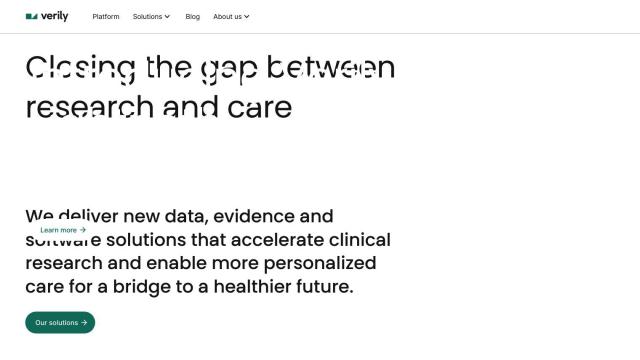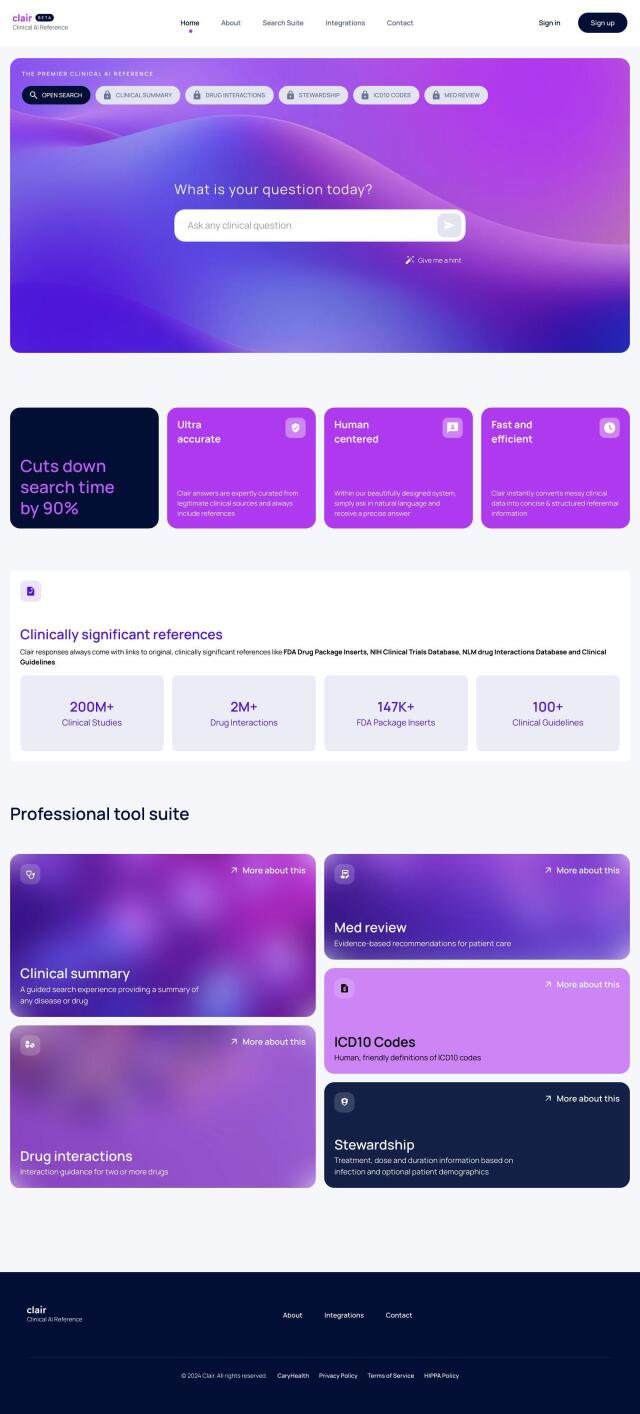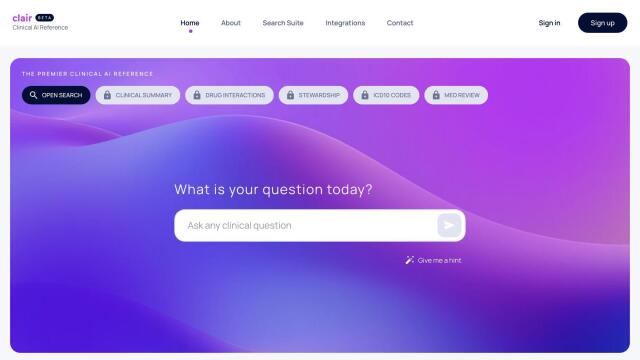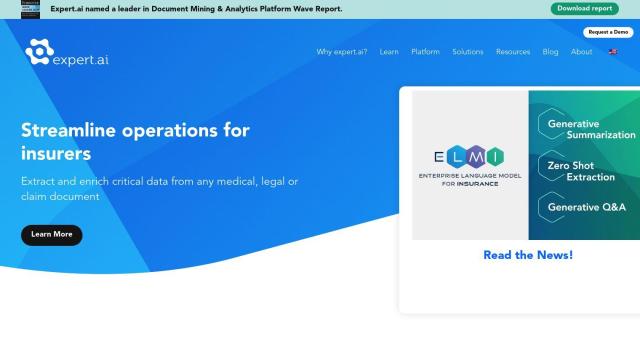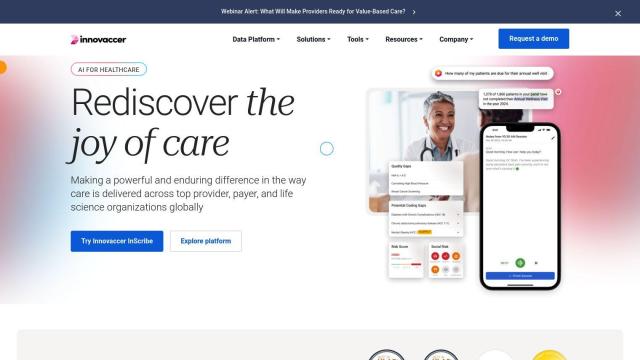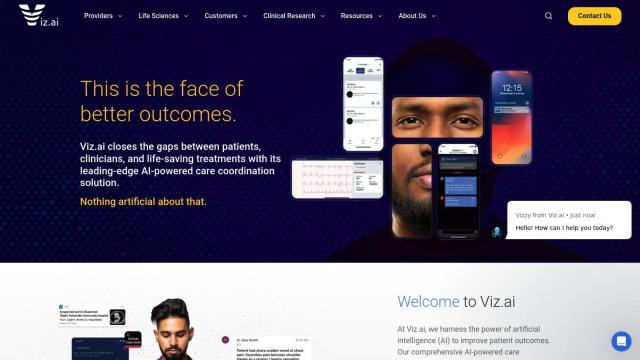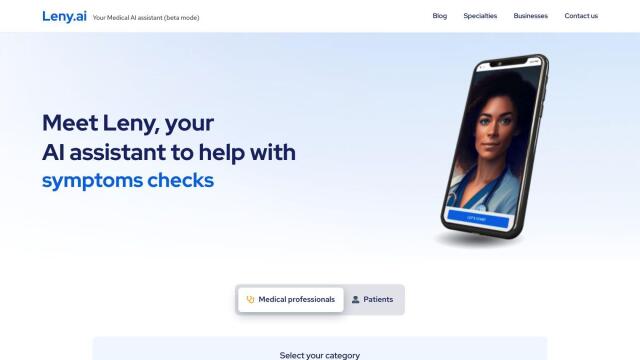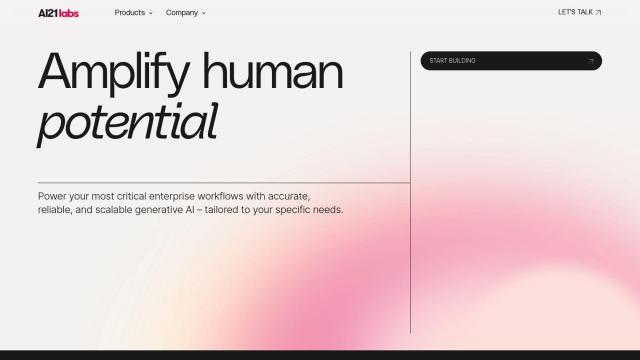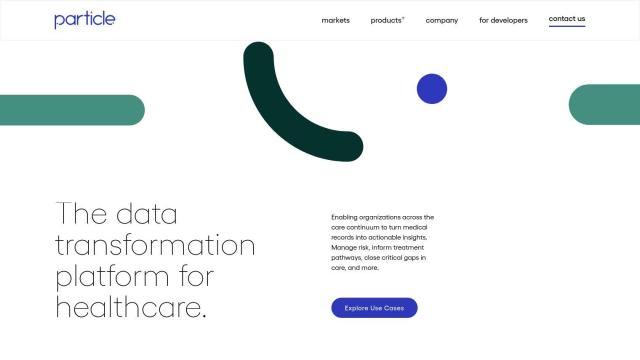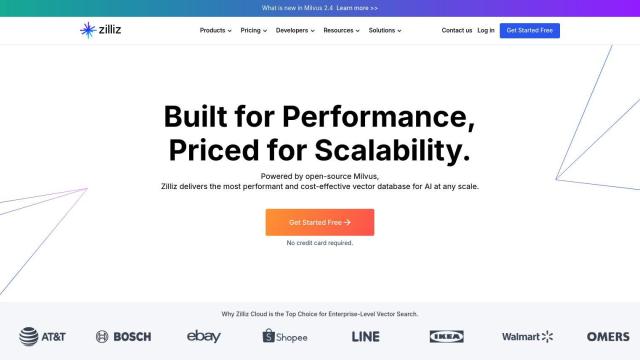Question: Is there a scalable AI-powered discovery engine that can be used to identify new medicines for various disease areas?

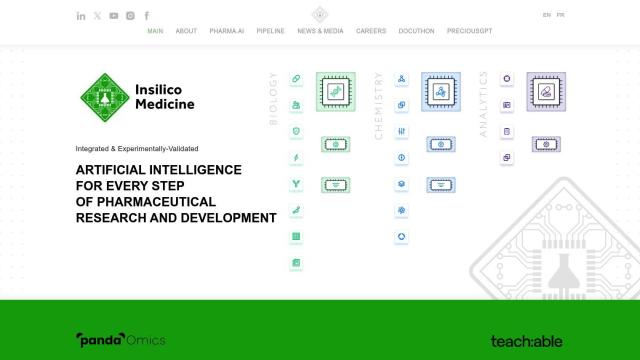
Insilico Medicine
If you're looking for a scalable AI-powered discovery engine to find new drugs for different disease areas, Insilico Medicine is a good option. The company's suite of tools speeds pharmaceutical research and development by using AI to accelerate target identification, molecule design and the prediction of clinical trial results. The suite includes PHARMA.AI for drug discovery, PandaOmics for OMICs data analysis, Chemistry42 for small molecule drug discovery, and inClinico for predicting clinical trial success rates, making it a good suite for speeding up drug development and reducing costs.
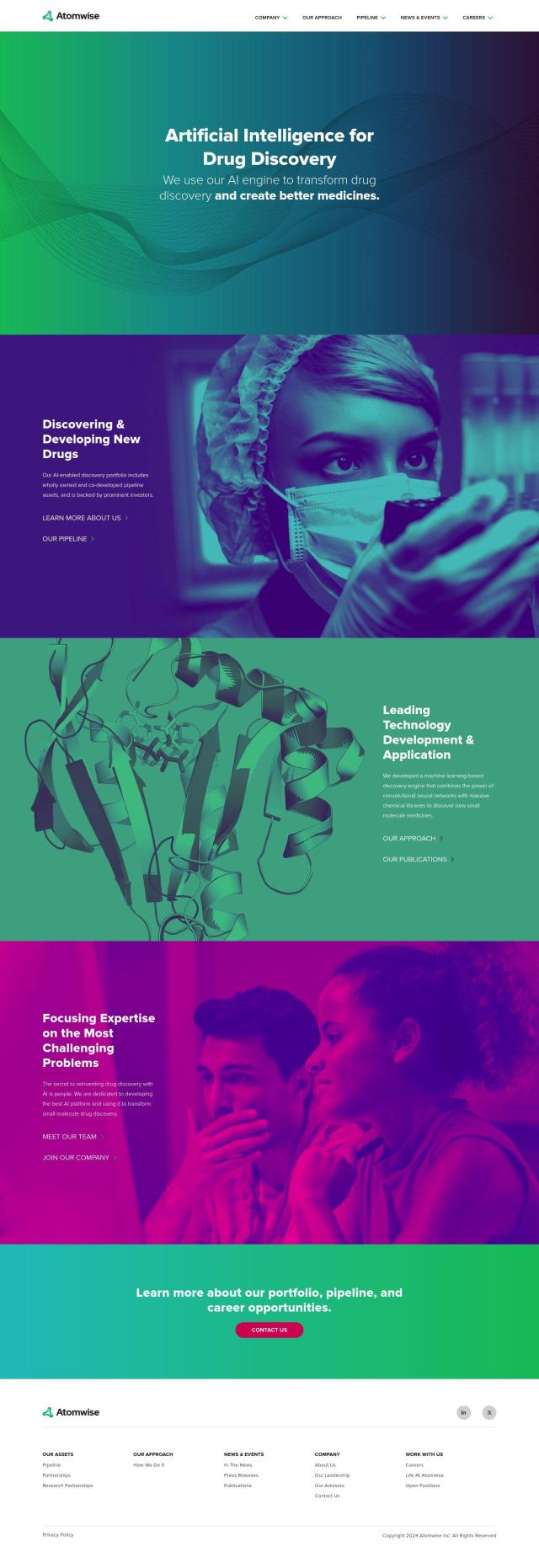
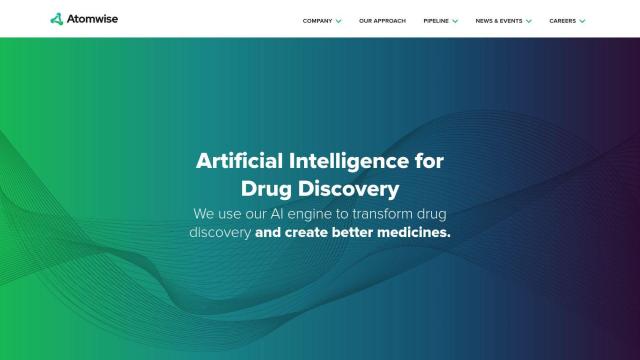
Atomwise
Another interesting option is Atomwise, which uses convolutional neural networks and large chemical libraries to find new small molecule drugs. Atomwise is good at handling poorly annotated targets and can computationally explore large chemical spaces, so it's a scalable and powerful option for exploring a wide range of disease areas, including immunology.

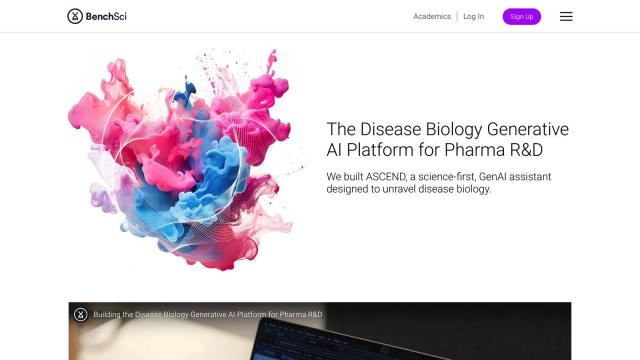
BenchSci
If you're looking for an AI-powered information retrieval system, BenchSci offers ASCEND, a system to speed up drug discovery and complex research workflows. ASCEND combines a large corpus of closed access papers, patents and preprints, using biology-specific multimodal AI to understand experiments from text and figures, and with features like summarization and conversational AI to guide experiment decisions and reduce experimental failures.
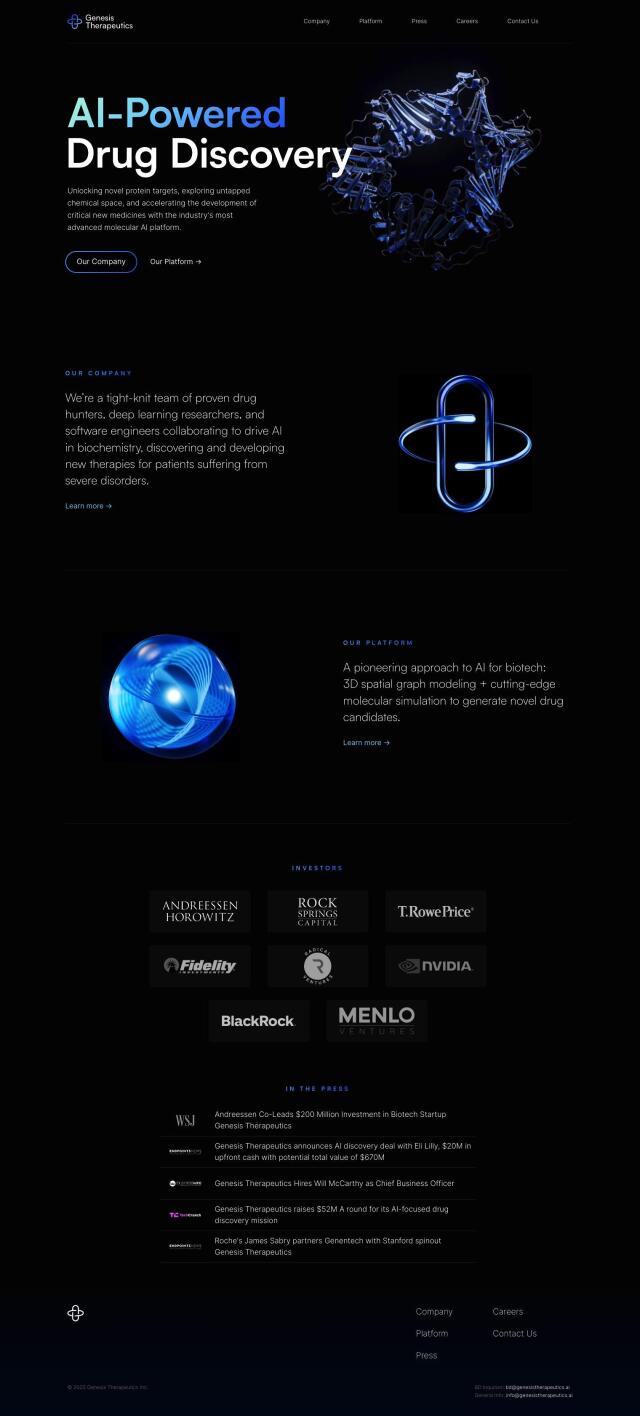
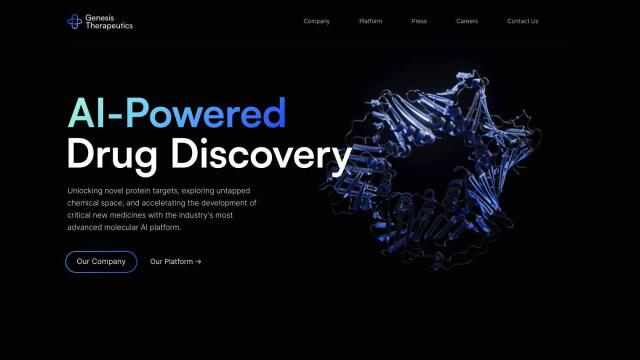
Genesis Therapeutics
Last, Genesis Therapeutics uses molecular AI to accelerate small molecule drug discovery with its GEMS platform. By combining 3D spatial graph modeling and molecular simulation, Genesis Therapeutics predicts potency, selectivity and ADMET properties, making it an interesting option for developing high-potency and selective small molecule drugs to tackle challenging biological targets.

